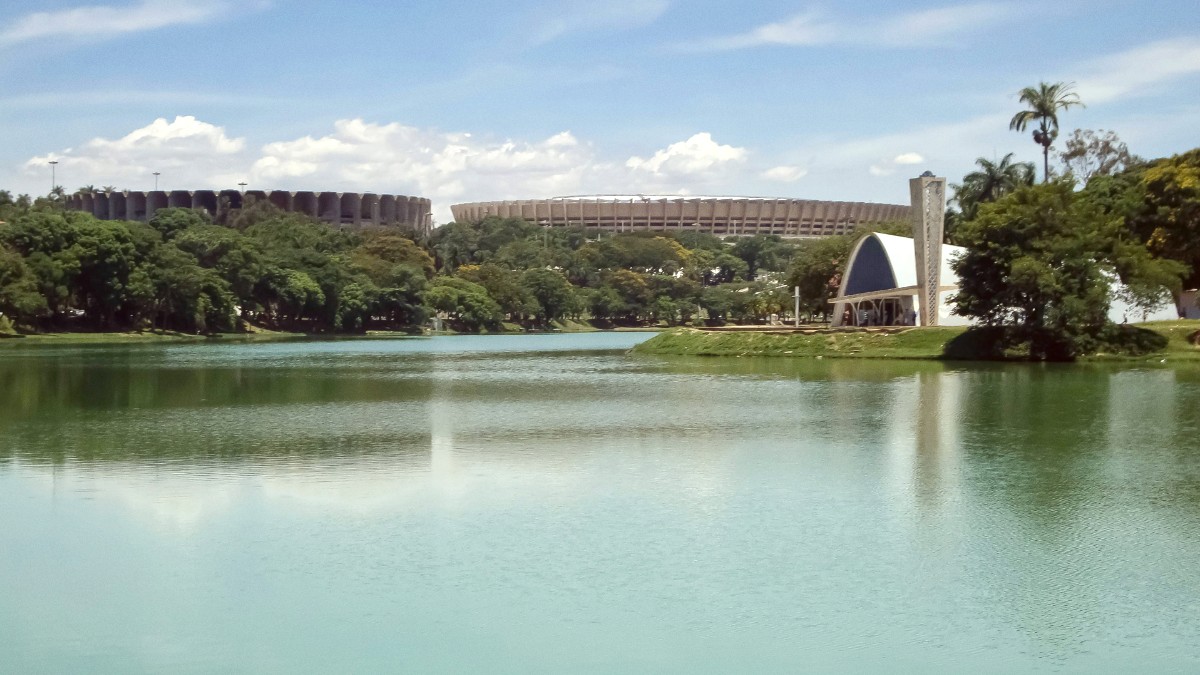
The Southeast, Brazil
The city's natural surroundings present many options for outdoor enjoyment.
Offers various trails, suitable for different fitness levels, from easy paved walks to more challenging unpaved tracks.
Trails into the surrounding mountains can range from moderate to difficult. Some routes may call for a local guide.
A large state park near Belo Horizonte. It presents more extensive and challenging hiking opportunities for experienced trekkers.
Swimming in Pampulha Lake is not permissible due to water quality. Adhere to all local safety guidelines.
Deepen your understanding of Brazilian culture through workshops, performances, and local interactions.
Palácio das Artes/Sesc Palladium host theater, dance, music (classical, popular Brazilian, opera). Seek live Choro or samba in traditional bars (Botecos) in Santa Tereza.
"Comida di Buteco": Annual bar food festival (April/May). FIQ (Festival Internacional de Quadrinhos): Biennial Comics Festival. Festival de Inverno: Cultural events during dry season. Festival Internacional de Teatro (FIT-BH): Biennial Theater Festival. Carnival: Lively street carnival in Feb/March.
Formal initiatives are limited.
Various language schools in Belo Horizonte offer Portuguese courses. These range from intensive short courses for travelers to longer programs for more in-depth study.
Palácio das Artes and Sesc Palladium host a variety of performances, including theater, dance, and music (classical, popular Brazilian music, opera).
Major cultural events include "Comida di Buteco" (bar food festival), FIQ (International Comics Festival), Festival de Inverno, and the street Carnival.
Find opportunities for rest and rejuvenation amidst your city explorations.
Belo Horizonte has no beaches. Some hotels have pools for guest use. Some private clubs may offer day passes to their pool facilities, especially during warmer months.
These are not a prominent tourist offering in urban Belo Horizonte.
Parks like Parque Municipal or Parque das Mangabeiras present serene environments for walks and picnics, a quiet escape from city bustle.
Find various treatments at hotel spas or independent wellness centers.
Local studios provide yoga and meditation classes for daily practice or short retreats outside the city.
Consider day trips to nearby hydro-mineral resorts for therapeutic hot springs, offering a different form of relaxation.
Experience the city's evening scene.
Savassi: Many bars transform into lively dance spots as the night progresses. Various nightclubs cater to different musical tastes, including electronic music, Brazilian funk, pop, and Sertanejo (Brazilian country music).
Savassi: The most concentrated area for bars and nightlife. Santa Tereza: Offers a more bohemian atmosphere and a traditional Boteco scene, popular with locals. Some local tour groups or hostels organize pub crawls.
Bars and clubs often stay open very late, especially on weekends. Many Botecos operate until the early hours of the morning, reflecting the city's nickname as the "Capital Nacional dos Bares."
Palácio das Artes is the main venue for major theater productions, ballets, concerts, and opera. Sesc Palladium is another venue hosting a diverse range of performances and cultural events. Smaller theaters also offer intimate performances.
From rock and jazz to traditional samba and Choro in bars, and electronic, Brazilian funk, pop, and Sertanejo in nightclubs, a variety of musical tastes find a home.
The city's bar scene, specifically in Savassi and Santa Tereza, defines its social life. It's known as the "Capital Nacional dos Bares" for good reason.
Always travel in groups or use ride-sharing apps at night. Keep an eye on your belongings in crowded areas.